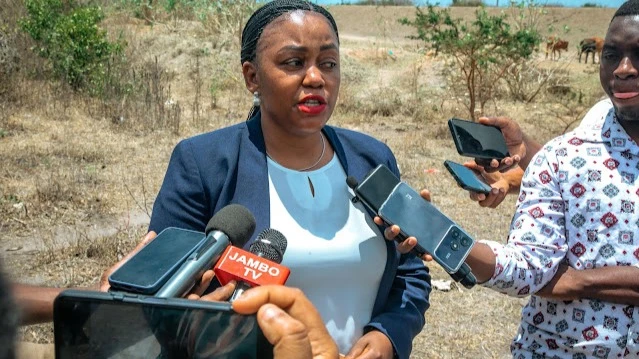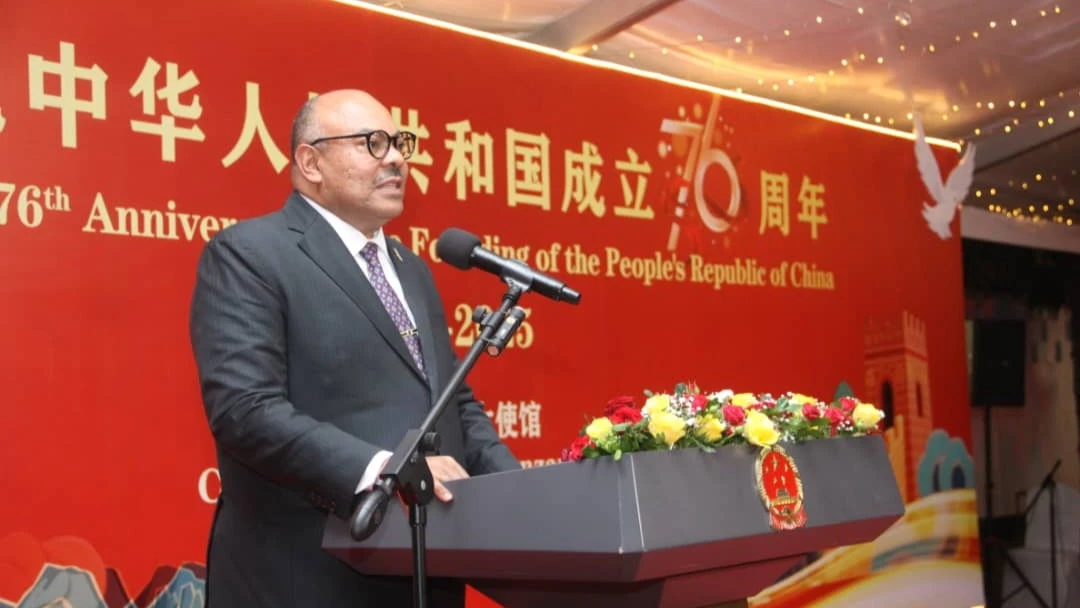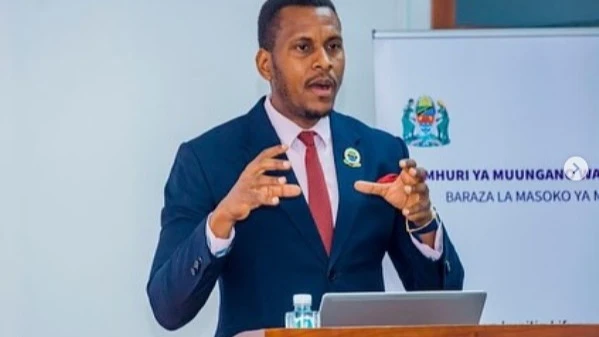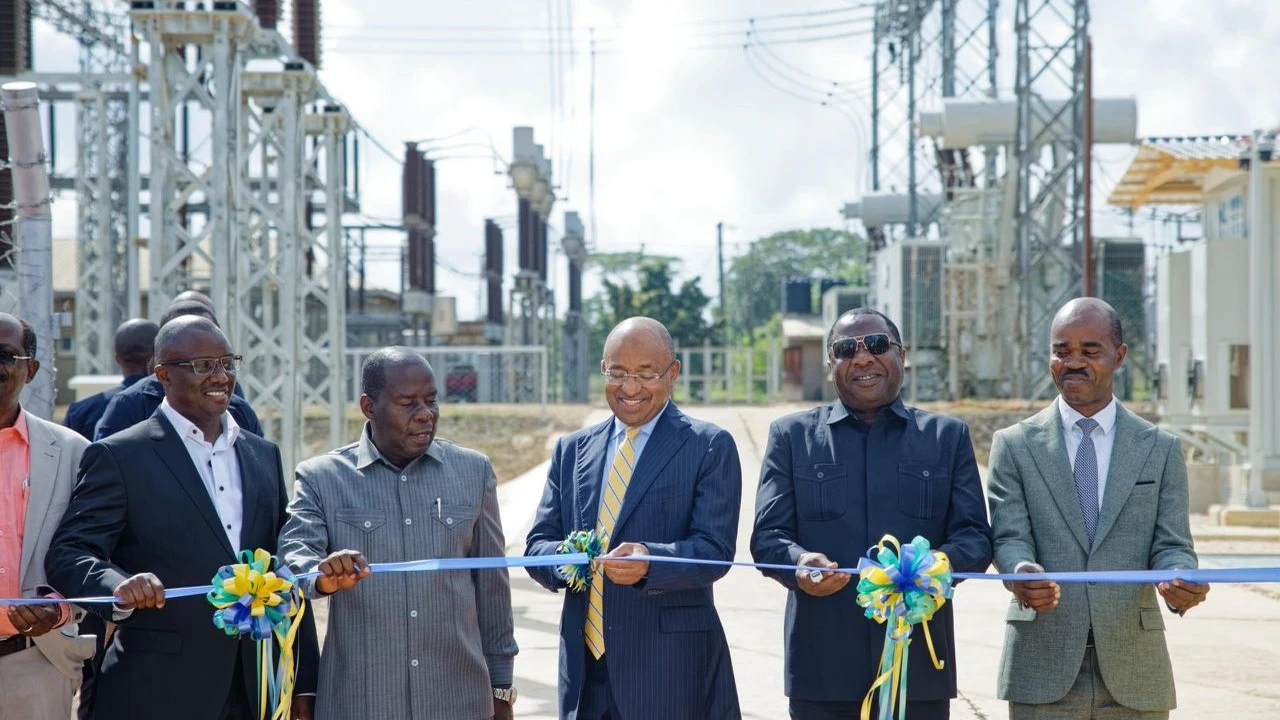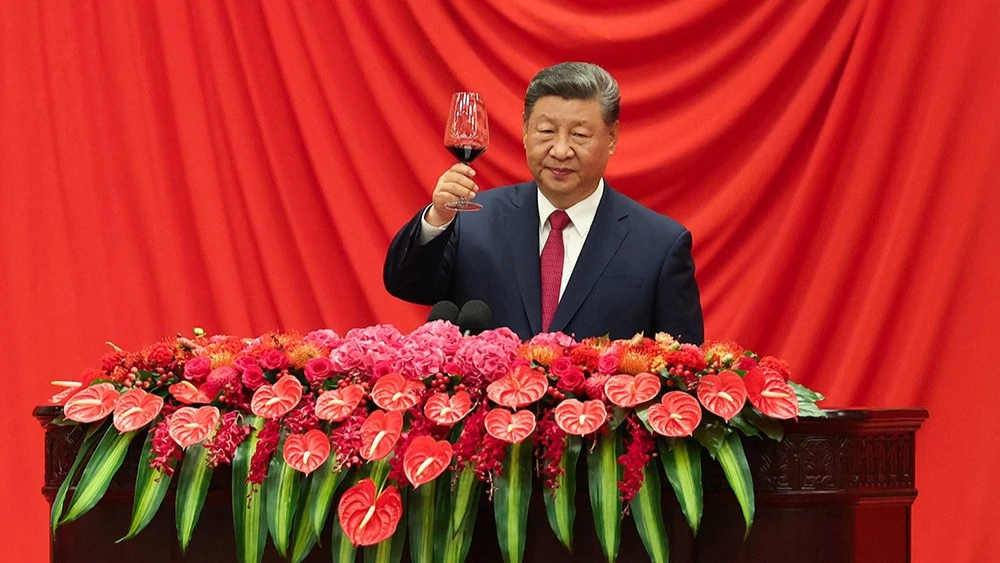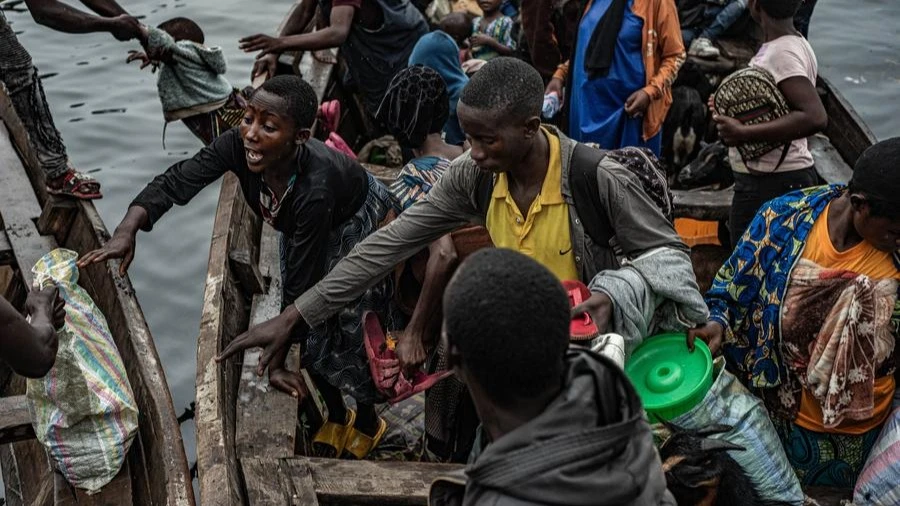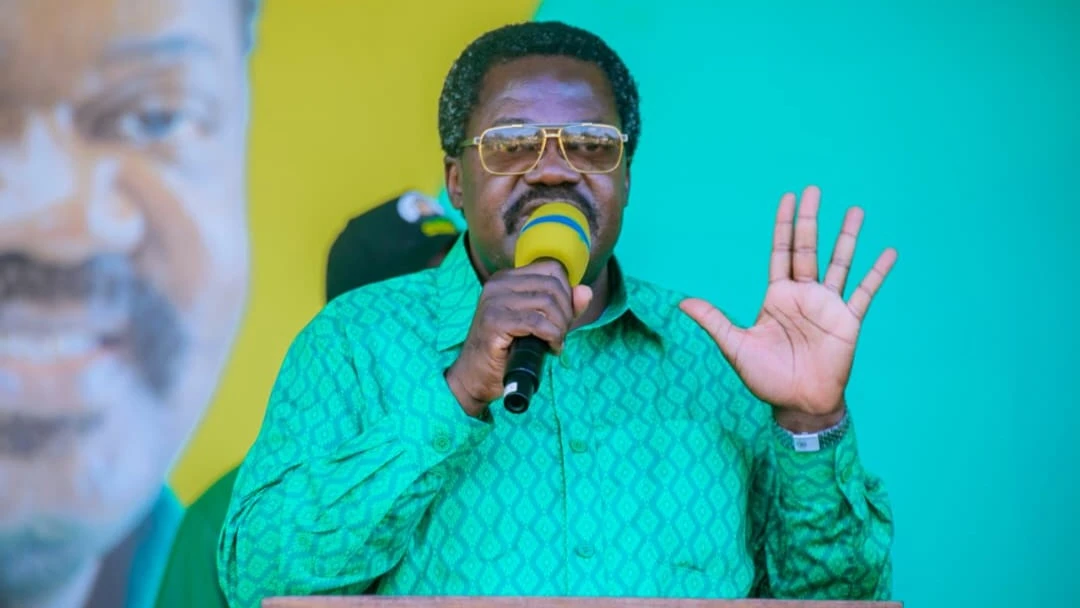TARURA’s quiet infrastructure revolution, a path to prosperity
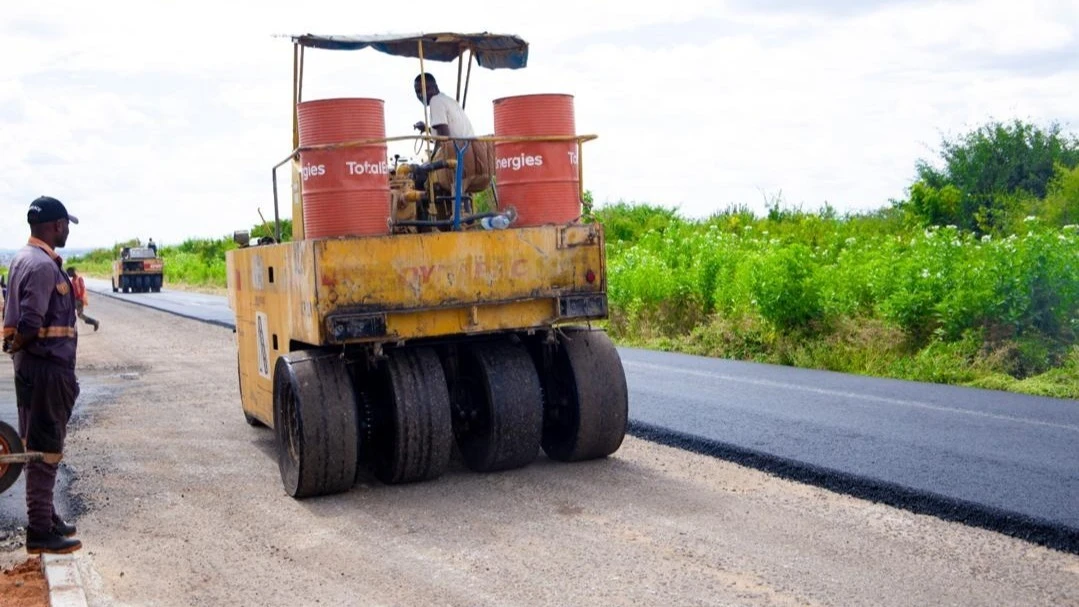
IN Tanzania, development doesn’t arrive with spectacle; it emerges from the ground up. It begins where tires touch terrain, on roads winding through hills, valleys and remote communities.
On these paths, a quiet revolution is underway, led by a government agency reshaping the nation’s future, one kilometre at a time.
Since its establishment in 2017, the Tanzania Rural and Urban Roads Agency (TARURA) has become a symbol of progress with purpose contributing to the various government efforts in bringing development to the people through construction of roads.
Charged with connecting urban and rural communities through sustainable road infrastructure, TARURA is doing more than building roads—it is unlocking opportunities and improving the livelihood of Tanzanians.
In a country where over 65 percent of the population lives in rural areas, and agriculture makes up nearly 26 percent of the Gross Domestic Product (GDP), roads are not just infrastructure, they are lifelines.
Roads are used to transport pregnant women to health clinics, connect farmers to markets, help children get to school, and link small enterprises to broader economies. In these contexts, a paved road is not a luxury—it’s a driver of transformation.
TARURA’s mission is built around a critical but often neglected factor: access—to essential services, to markets, and to dignity. Anchored in national priorities and the 2020 CCM Election Manifesto, the agency is working to provide year-round access, even to Tanzania’s most remote corners.
As of June 2024, TARURA oversees more than 144,000 kilometres of district and urban roads. Yet, over a third remain in poor condition—a stark indicator of the scale of the task ahead.
Still, this is not a tale of inertia. It is one of movement, milestones, and momentum. In just four years, TARURA has constructed nearly 924 kilometres of paved roads and over 22,800 kilometres of gravel roads, alongside 378 bridges—each one a literal and symbolic link to a better future.
These aren’t just feats of engineering—they are human triumphs. Behind every kilometre lies a farmer earning more, a student arriving at school on time, or a mother reaching critical care.
TARURA’s goals are ambitious, but its budget remains constrained. While the agency needs 1.6trn/- annually to fulfil its mandate, but it receives just 850bn/-.
Yet rather than slowing down, TARURA is pressing forward with strategic precision—focusing on roads with the highest impact for communities.
From Dodoma’s Mtumba Government City to the crucial Berega and Kalambo bridges in Morogoro and Rukwa, the agency is steadily paving routes to opportunity and resilience. Each completed stretch of road is a clear declaration: no Tanzanian should remain disconnected due to inadequate infrastructure.
Global partnerships, tangible results
TARURA’s success is not unfolding in isolation. International partnerships have significantly extended the agency’s reach. The European Union’s AGRI-CONNECT initiative is restoring rural roads in key agricultural zones. The programme is set to improve livelihoods in rural Tanzania and supporting value chains for shared prosperity.
The Roads to Inclusion and Socioeconomic Opportunities (RISE) Project funded by the World Bank is rehabilitating thousands of kilometres and constructing over 535 km of paved roads.
RISE also aims to improve rural road access and provide employment opportunities for population in selected rural areas and build capacity in the sustainable management of rural roads incorporating community engagement approaches.
The Tanzania Cities Transforming Infrastructure and Competitiveness (TACTIC) project is a major urban development initiative aimed at enhancing infrastructure and economic competitiveness in Tanzanian cities.
Spearheaded by the President’s Office – Regional Administration and Local Government (PO-RALG) and implemented through TARURA, TACTIC builds upon previous urban development programmes to address the growing needs of urban centers across the country.
ACTIC represents a strategic effort by the Tanzanian government to transform urban areas into hubs of economic activity and improved living standards through targeted infrastructure development.
These alliances bring global resources and know-how to address local challenges—creating a synergy that uplifts entire communities.
In an era of climate unpredictability, TARURA is not only building for today—it is building for tomorrow.
By adopting climate-smart designs, investing in drainage infrastructure, and using eco-friendly materials, the agency is ensuring that its roads are both resilient and sustainable.
As TARURA Chief Executive Officer, Eng Victor Seff notes: “Our roads are more than physical structures. They are the arteries of Tanzania’s economy, connecting potential to prosperity.”
The road ahead
Tanzania’s terrain is vast, rural needs are pressing, and climate change presents an on-going risk. But so too does determination remain strong.
With rising investment, focused leadership, and increasing public trust, TARURA is crafting a new narrative of development—one driven not by applause, but by concrete, grit, and resolve.
This transformation may not dominate headlines. But it’s visible in the bridge that turns a two-hour trek into ten minutes, in the newly accessible village with its first classroom, in the delivery truck that no longer sinks in mud.
Tanzania’s path to prosperity may not be paved with gold—but it is paved with purpose. And with TARURA at the helm, that path is growing smoother, safer, and more inclusive—day by day. Because in the end, true progress is not about how far we travel, but how many lives we carry forward with us.
Top Headlines
© 2025 IPPMEDIA.COM. ALL RIGHTS RESERVED











